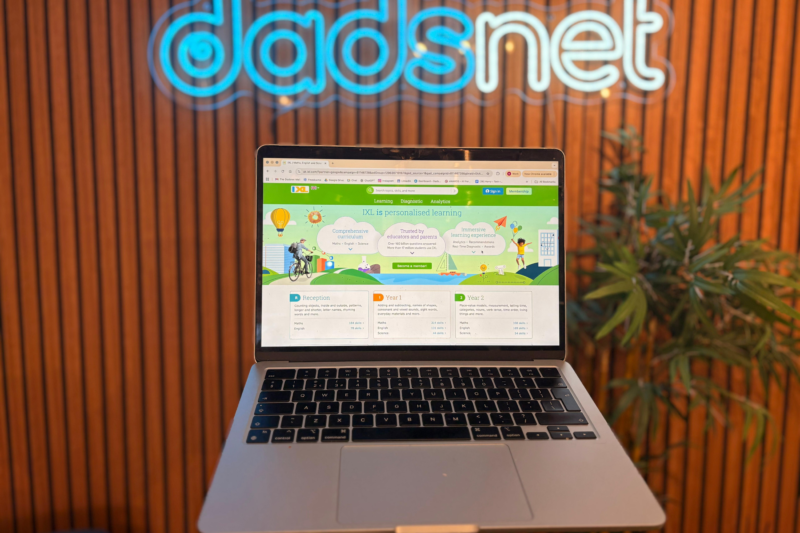With household budgets under pressure, the idea of energy bills falling by hundreds of pounds is something most families would welcome. A new plan has been put forward that aims to reduce average household energy bills by up to £300 a year by 2029. Here’s what it could mean for you.
What’s being proposed?
The plan focuses on a major push into renewable energy, including:
-
A new publicly-owned green energy company to invest in wind and solar projects.
-
Expanding UK-based energy generation to reduce reliance on imported fossil fuels.
-
Using clean, homegrown energy to bring down household costs long-term.
The goal is not just to cut bills but also to make the energy system more stable and sustainable for the future.
Why it matters to families
Energy bills are one of the biggest ongoing expenses for households, and in recent years, many parents have struggled to keep up with rising costs.
A £300 reduction per year could mean:
-
Extra breathing space in the family budget.
-
Money freed up for essentials like food, childcare, or school costs.
-
Less stress about heating the home during the winter months.
Will it really happen?
While the target is ambitious, there are challenges:
-
Building renewable infrastructure takes time and money.
-
Families are unlikely to see big savings immediately — reductions would come gradually.
-
The success of the plan depends on political will and long-term commitment.
That said, renewable projects have already proven they can deliver cheaper energy over time, so the potential is there.
What parents can do right now
Even while waiting for national changes, families can take small steps to cut costs at home:
-
Insulate and draught-proof to keep heat in.
-
Switch to LED bulbs and energy-efficient appliances.
-
Turn off devices on standby to save small but consistent amounts.
-
Check eligibility for grants or schemes that support energy-saving home improvements.
Final thoughts
For parents juggling bills, school costs, and family life, the promise of a £300 annual saving on energy is significant. While it may take a few years to see the results, the direction of travel is clear: more renewable power, less reliance on expensive imports, and a fairer deal for families.
If this plan succeeds, it could mean a future where keeping the lights on and the heating running doesn’t come with such a heavy price tag.










